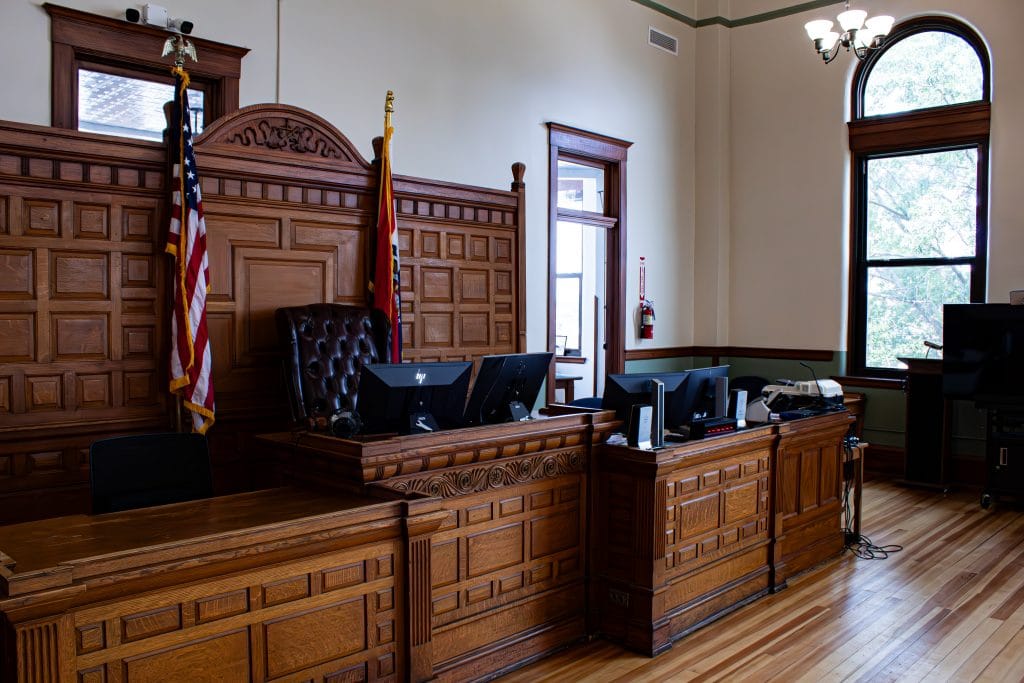Death Star Bill Could Impact Texas Commercial Real Estate
- The Texas legislature passed the “Death Star Bill” which does not allow local municipalities to preempt state law where the state already has a statute.
- This bill could have a big effect on real estate development and landlord-tenant relationships in big Texas cities.
- There have been legal challenges to the bill. So we will have to wait to see what the final result is.
Two weeks ago, I wrote in this blog about one of the new, potentially exciting laws that passed the Texas legislature this year. As you undoubtedly recall, the legislature set up a system of business courts – which have the potential to streamline business disputes and litigation.
As I wrote in that blog entry, September 1 was an important date because a lot of the new laws go into effect on that date. Well today, we are going to talk about another one of those laws. And its one that its critics have given an awesome nickname to – the Death Star Bill. Pretty cool. So lets talk about it.
What is the Death Star Law?
Texas House Bill 2127, also known as the “Death Star” bill, was signed into law by Governor Greg Abbott on June 16, 2023. The bill gives the Texas state government more power to preempt local ordinances that go further than state law allows. This could – obviously – have a profound effect on many industries. But for our purposes in what is nominally a commercial real estate blog, we will focus on the potential significant impact on local landlord-tenant and real estate development laws.
How the Death Star Bill Will Affect Local Ordinances
The Death Star Bill prohibits local governments from adopting or enforcing ordinances that regulate certain areas of commerce and trade, including:
- Landlord-tenant relations. This includes ordinances that regulate rent control, security deposits, and tenant rights.
- Real estate development. This includes ordinances that regulate zoning, permitting, and development fees.
- Environmental protection. This includes ordinances that regulate air quality, water quality, and waste disposal.
The Death Star Bill also allows the state government to challenge local ordinances in court if it believes that they are preempted by state law. This means that local governments could face legal challenges if they adopt or enforce ordinances that the state government believes are too restrictive.
This, of course, could potentially be very good for real estate landlords and developers in Austin, Dallas, Houston, etc. As we have written about previously, for example, during COVID, those cities enacted very onerous landlord-tenant laws that made it extremely difficult for landlords to operate. And many have taken the opportunity to keep these laws in place after COVID.
Legal Challenges to the Death Star Bill
The Death Star Bill has been met with legal challenges from a number of cities and counties. These challenges argue that the bill violates the Texas Constitution, which gives local governments the right to adopt ordinances that are in the best interests of their residents.
One of the most significant legal challenges to the Death Star Bill is being brought by the City of Austin. Austin has a number of ordinances that regulate landlord-tenant relations, including an ordinance that requires landlords to provide tenants with at least 120 days’ notice of a rent increase of more than 10%. The Death Star Bill would preempt this ordinance, which Austin argues would violate the Texas Constitution.
At least one local judge has found the Death Star Bill to be unconstitutional. Its not clear, of course, where this ultimately ends up.
If this bill does survive legal challenges, however, it could have a very positive effect on the real estate industry. Overly burdensome local zoning and/or permitting laws and processes could be dialed back. And onerous and expensive landlord-tenant overreach would be eliminated. At this point, therefore, we will have to wait and see how this goes.
Death Star Bill Could Impact Texas Commercial Real Estate Read More »






